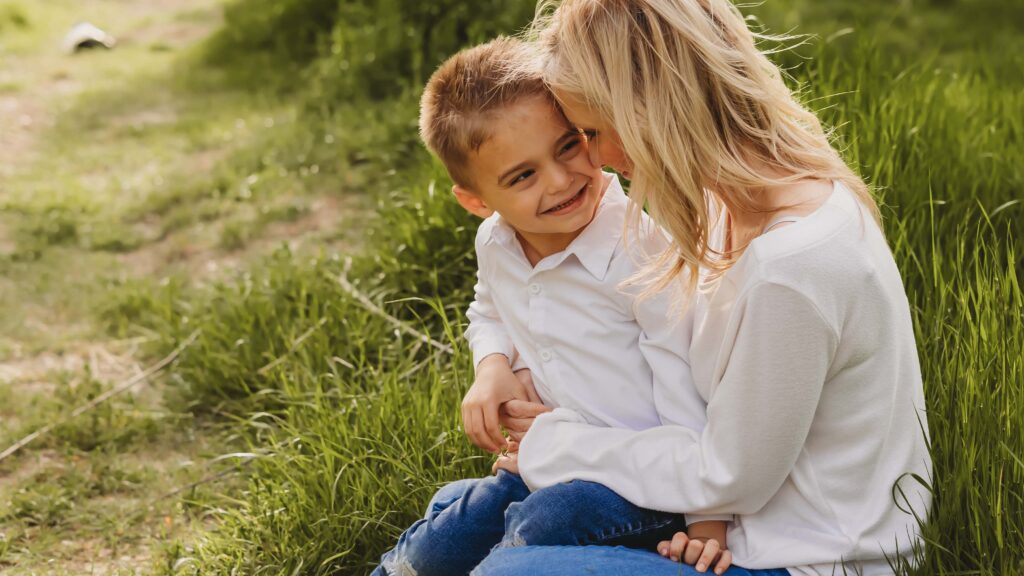In her years-long effort to develop a gene therapy for her 7-year-old son Maxwell, Amber Freed has tried most of the usual fundraising tricks: A foundation, GoFundMe campaigns, lemonade stands, golf tournaments. Now, she’s trying something more unorthodox.
Freed is promising to name Maxwell’s treatment after the highest-bidding donor. The price, she hopes, is just $1 million.
advertisement
“If we are able to name the treatment after a funder, it’s truly a way to honor a person’s name forever,” said Freed, who was a financial analyst before she quit her job to chase a cure for the ultra-rare disease Maxwell has. “You’re going to be saving lives and helping kids and a name can forever be associated with grit and perseverance.”
The effort is the latest gambit by a wave of parents to raise money for conditions that are theoretically treatable with gene therapy or other forms of genetic medicine but too rare to capture interest from industry.
Initially, most of these groups hoped to raise enough to get academic research started, before a for-profit company would take over. As those biotechs have either failed to materialize or pulled out of the field, parents have had to get more creative in searching for the millions required to manufacture and run a trial.
advertisement
Some have launched for-profit or nonprofit biotechs themselves. They’ve promised to leverage valuable vouchers the federal government gives out for groups that get treatments approved for rare childhood disease, or to use the biology of an ultra-rare disease to unlock a larger one. Jim Wilson, a prominent gene therapy scientist who watched his industry funding dry up, struck an unusual deal with the government of Brazil.
Largely, it’s an effort to throw out ideas and see what sticks.
“I wouldn’t say there’s any clear validated path for sustaining or even starting funding for ultra-rare disease,” said Rich Horgan, head of the nonprofit Cure Rare Disease. “Right now, we don’t know [what works].”
Honorary naming is a staple of philanthropic fundraising — consider every major building at most universities. But it has yet to be applied to drugmaking.
It’s a “creative and innovative maneuver,” said Deanna Portero, head of partnerships at the Orphan Therapeutics Accelerator, a startup trying to rescue abandoned gene therapies.
Freed was one of a group of parents who funded gene therapy research of University of Texas-Southwestern that was licensed by a startup called Taysha. Taysha raised around $300 million but then shelved over 20 programs, as cash ran short. Freed and other parents were left fighting to regain rights to the treatments.
Freed said Taysha has now relinquished its claims on the drug being developed for Maxwell. But she needs around $1 million to get the treatment manufactured and into an early trial.
“Now it’s just a matter of money,” she said.
Freed announced the opportunity this month at a conference for Maxwell’s disease, called SLC6A1. When Maxwell was first diagnosed, in 2018, the disease was so rare it hadn’t even been named. It’s still known only by its genetic location. (Freed initially considered offering to name the disease after a funder, before deciding that might be less appealing to donors.)
More widespread genetic testing has now found more patients: More than 500 worldwide, most of them in the U.S. But that hasn’t attracted significantly more industry interest.
advertisement
Meanwhile, Maxwell has gotten older. He was only 4 months old when Freed noticed differences between him and his twin sister Amber. He didn’t reach for toys or his bottle as she did and he often stared for long periods.
Patients with SLC6A1, lacking a key protein involved in communication between neurons, face developmental delays, cognitive deficits, and seizures. The gene therapy would replace the missing protein, by encasing it in a small virus that can reach neurons. Freed had hoped to have him treated years ago.
“He’s struggling,” said Freed. “As he gets older, I feel like hope doesn’t fade for the greater community, but it definitely does for your child. Because you’ve seen him suffering and you wonder how much is permanent.”

